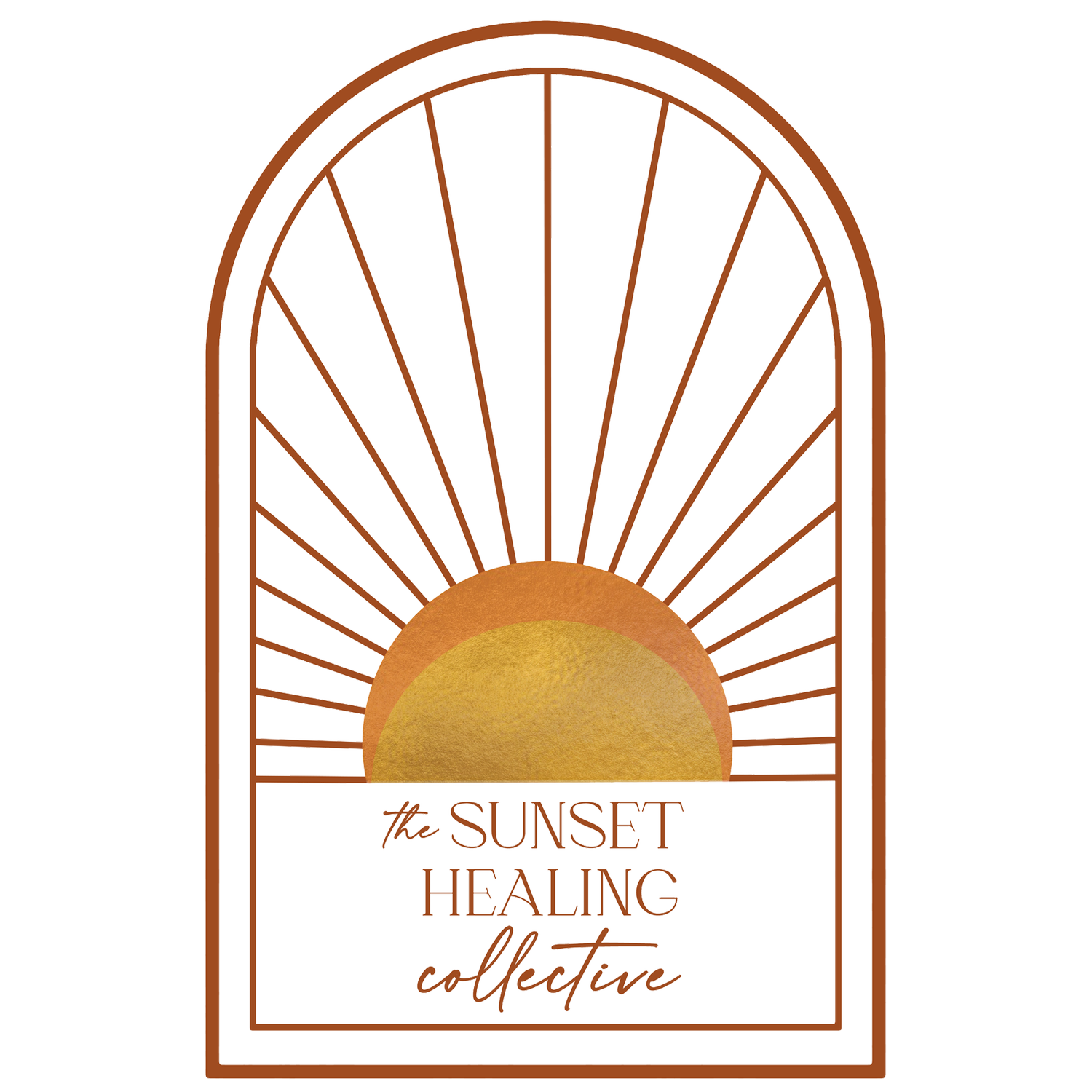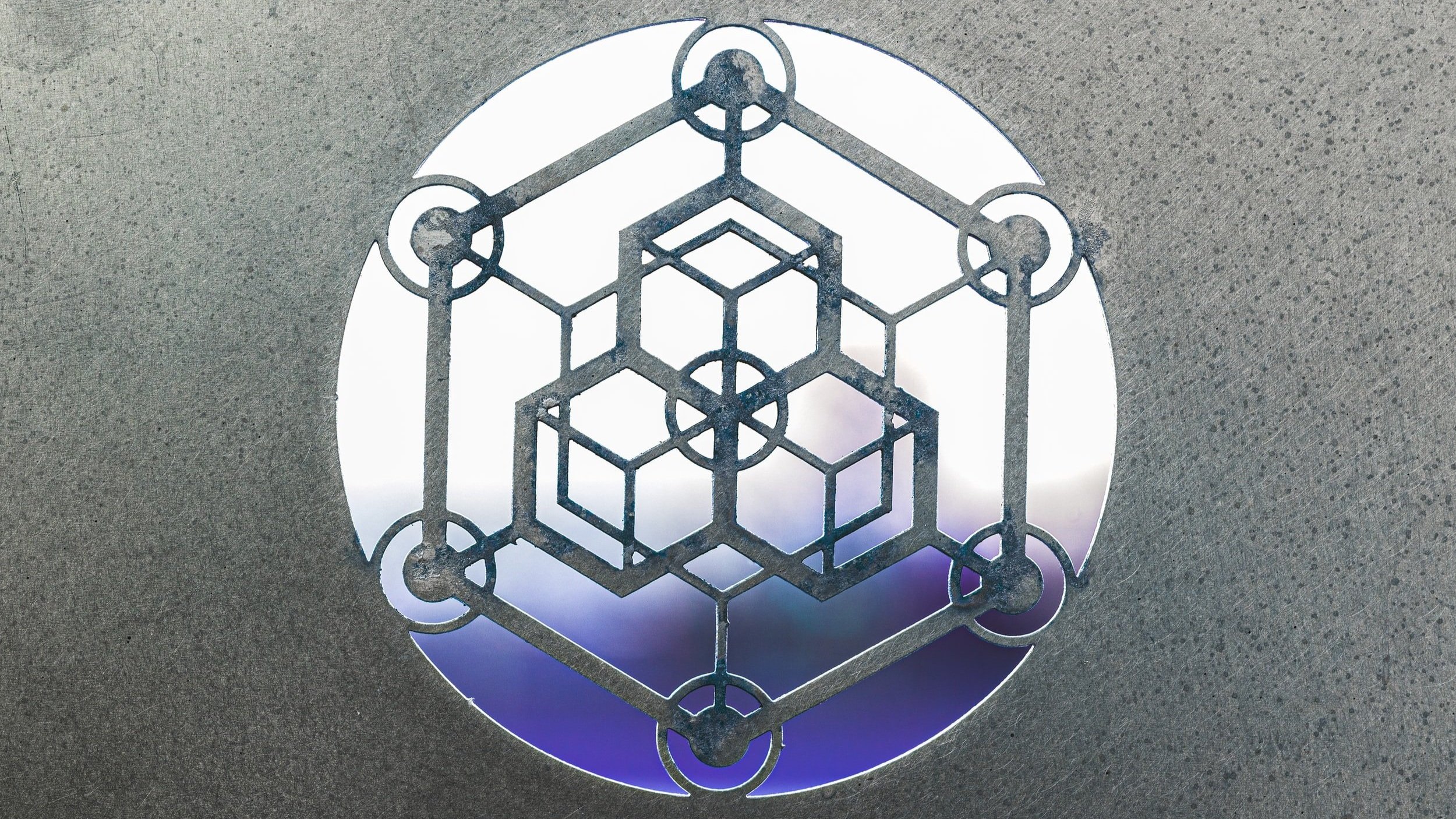Can acupuncture help with chronic illness?
We all know someone in our lives who has suffered with a health condition that conventional treatments have failed to provide a solution for. The path of healing, for these folks, is anything but a straight line.
These patients are often frustrated and exhausted from the long, winding road they have been traveling. Whether they are in pain or their quality of life has been diminished, they are desperate for a solution. Over the past twenty years, increasingly more people are considering whether acupuncture can help with their chronic illness or condition.
Not surprisingly, acupuncture is often last in a long line of doctors, specialists, practitioners, and health experts when no real solution has been found for their condition. Being a person’s last resort is sometimes the best place to be. It usually means the patient shows up with tests, labs, scans, screenings, multiple evaluations and a diagnosis before arriving on my doorstep.
Admittedly, to be someone’s last hope is a bit of pressure, but the alternative could mean missing a critically important puzzle piece that modern technology can quickly find.
Unfortunately, many people come to their acupuncturist with ample test results, full lab work-ups, a long list of symptoms, and yet they have no path forward by conventional means. They may have a complete diagnosis, incorrect diagnosis, or none at all, but more importantly, they have been given no solution.
Needless to say, these types of cases are challenging.
I suppose, in many ways, acupuncture is the perfect path for me because I am always up for a good challenge (that’s the Capricorn in me). Challenges often inspire me to dig deeper, expand my mind, and motivate me to find a way forward.
When it comes to health issues, there is no shortage of challenges to be faced in our increasingly toxic world.
Regardless of where someone is on their healing journey, what I always what to give them, is a path forward. Very little has changed when it comes to diagnosis with Chinese medicine in the past 1000 years, and because of this, there are both advantages and disadvantages.
One advantage I have as a practitioner of Traditional Chinese Medicine, is that we operate under an entirely unique system of understanding the human body, in many cases, lab work and imagining is irrelevant to the diagnosis and treatment.
Whether a complex case is before me or a more simple one, the first step is to evaluate the patient using TCM pattern differentiation. We don’t look for disease in TCM, we look for patterns of disharmony and imbalance.
First, we consider the presenting symptoms. We look for specific characteristics and qualities in these symptoms. For example, a patient complains of feeling excessively hot. I then ask things like: are you exceptionally thirsty, do you sweat, is it worse at any particular time of day?
Next, we look at what circumstances may have contributed to the onset of symptoms; things like climate (dry, damp, hot, cold), time of year, time of day, whether someone has been under stress or not, repetitive motion or postures, types of activities that improve or worsen symptoms, etc.
Then we examine the constitution of the person. Features that help define one’s constitution include body language, manner of speech, intonation of the voice, the gait, facial complexion, bone structure, facial structure, style of communication, and even body odor.
Lastly we examine the pulse and tongue, and palpate affected areas of the body.
Once we have gathered all of the information, we see a picture of imbalance emerge, this will inform the pattern differentiation, also known as diagnosis.
In a perfect world, all we need to do from this point is create and implement a treatment plan to help bring the person back to health and vitality.
But what happens if the patient doesn’t respond to the care plan? What then?
If the pattern differentiation is correct, then the treatment will work, but only if the conditions are favorable. I’m not talking about weather conditions or astrological phenomenon. I am talking about having adequate nutritional resources, functional detoxification mechanisms and pathways, and healthy gut microbes. Without these basic conditions, any treatment, allopathic or otherwise, will only go so far.
What lab tests might not reveal, a skilled practitioner can through inquiry, experience, deduction and reason can. It also helps to have a basic understanding of cellular biology, nutrition and the impact of xenobiotics on human health.
Xenobiotics is a broad term to describe substances that are foreign to a body or ecological system.
It’s a term that encompasses man-made, synthetic substances, genetically modified biological substances and organisms, plastics, as well as electro-magentic fields created by electronics and wireless internet.
The traditional Chinese system of medicine and the people who discovered its rich wisdom and intelligence were not able to predict a thousand years ago how utterly toxic the modern world would become nor the ubiquitousness of xenobiotics. This is one way TCM is at a big disadvantage for treating chronic, debilitating illness when all other conventional means also fail.
If you are someone who is struggling with a chronic, untreatable condition, and you are on the search for “the best acupuncturist near me”, it’s important to discover what any prospective practitioner knows about environmental impediments to health. The best acupuncturist in the world will only be able to help you heal if they understand what role, if any, toxins and other xenobiotics might be contributing to your condition.
The best practitioners of any ancient form of medicine need to be current on the modern world and how exposure to a gamut of disease-causing factors might create pernicious health challenges.
We need to be aware of limitations of our “tools” for the treatment of things like corona and Lyme when in reality these are sophisticated biological weapons. We need to understand the impacts of electromagnetic fields and radiation, how frequencies disrupt normal cellular metabolism and what effects they might have on cellular biology.
We need also to consider the roll of chemicals in our food and water like glyphosate, hormone-mimicking pesticides, plastics, genetically modified organisms and forever chemicals like PFAS.
We also need to understand the effects of new medical, biological technology like mRNA injections that can radically change our cellular machinery, such as our mitochondria, cytoplasm and our DNA.
We may be able to help our patients with chronic, pervasive illness improve, but we are not necessarily their last hope. Educating patients on basic things like environmental and biological toxins is critical to helping them heal.
In doing so, we can help our patient find a path forward by helping them understand how these outside forces can destroy health.
If we wish to help our patients move forward on their path to healing, we must remember to listen carefully to the details of their story, take time to really consider (beyond our historical texts & teachings) how and why their symptoms are manifesting the way they are.
For many years I had an acupuncture practice in Manhattan, but I also practiced acupuncture in New Paltz where I live. Living in an area where Lyme is rampant, it is something I am always on the lookout for when a patient comes to me as a last resort and has no real answers from the mainstream medical establishment.
In Manhattan, undiagnosed Lyme disease is a huge problem. It is overlooked by the best doctors in the city. I know, because I have first-hand experience diagnosing Lyme based on symptoms alone when other medical doctors have diagnosed the patient with an “idiopathic” condition.
Idiopathic means they don’t know why the patient is sick and they are giving up figuring out why.
Lyme is tricky because they symptoms manifest in a thousand different ways and unless the provider understands that getting a positive Lyme test can be like finding a needle in a haystack, they will rely upon test analysis alone and dismiss the person and the symptoms in front of their faces.
Lyme is very difficult to treat and in almost all cases, acupuncture and herbs alone, without additional support, will not be sufficient. A great provider is humble and knows their own limitations to treatment and care, manages patient expectations, and always helps them find a path forward.
If you are suffering with chronic illness or disease, and you are looking for the “best acupuncturist near me”, take the time to interview the acupuncturist to learn whether they have this type of knowledge, what their intake process is like, and how they might handle your case if acupuncture doesn’t improve your condition.

